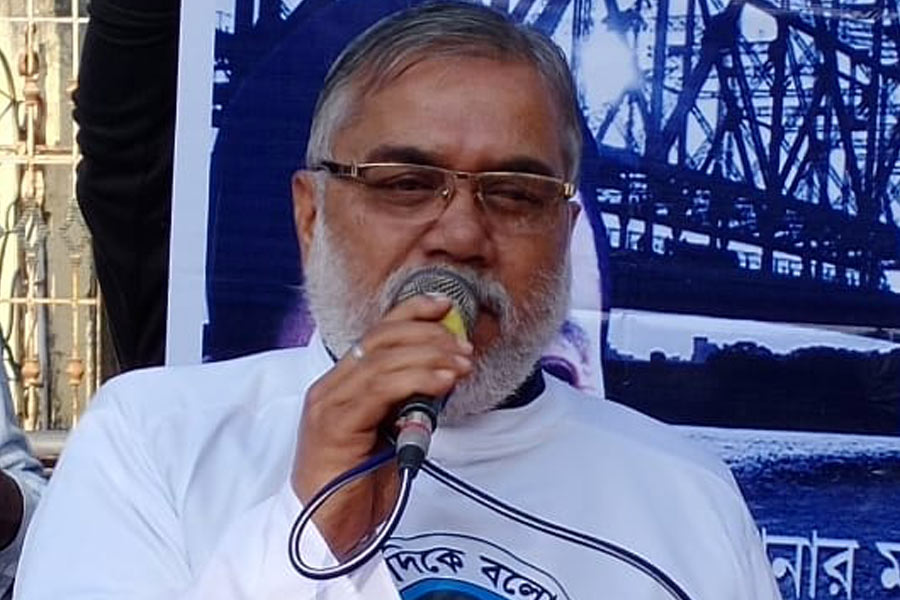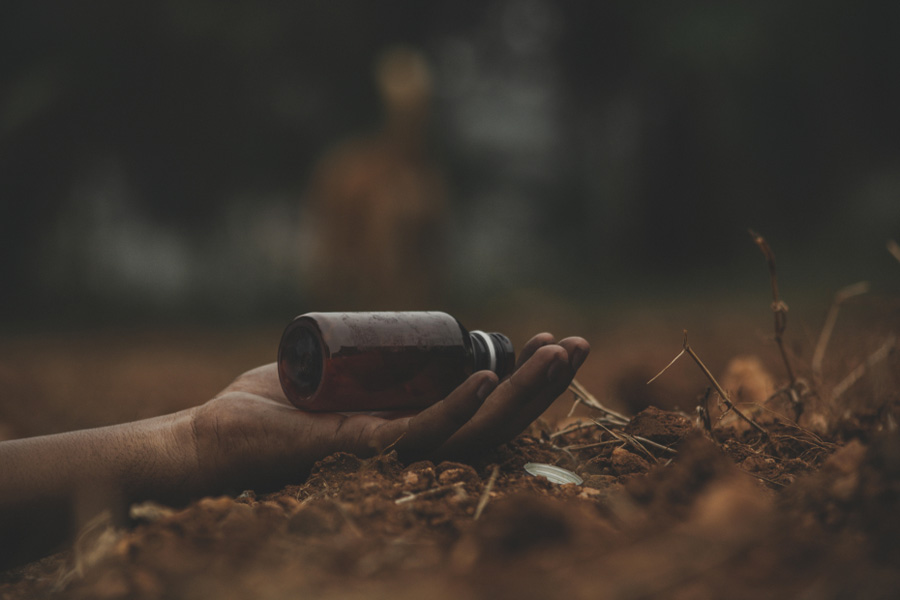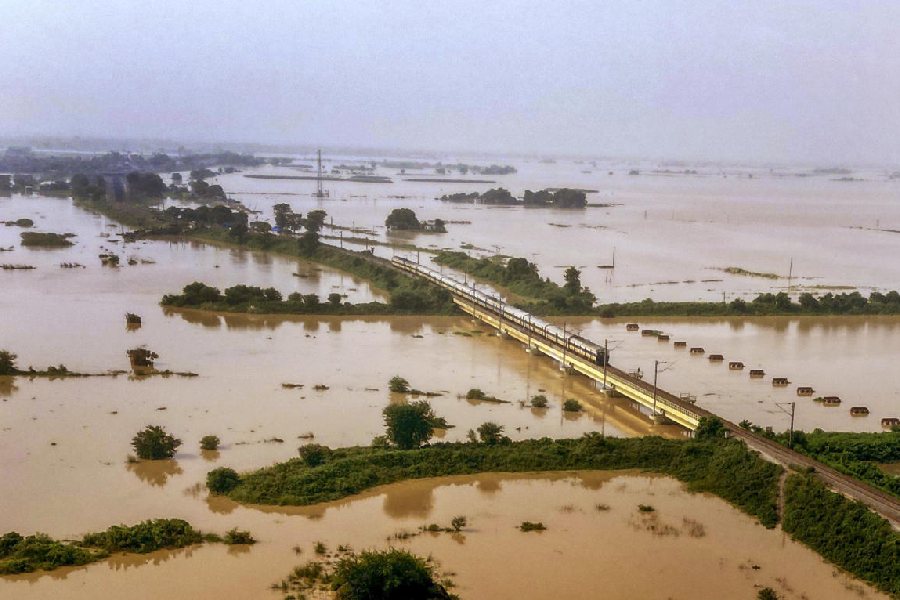The mayor of London, Sadiq Khan, has added to the confusion surrounding masks by saying that wearing them should be made compulsory when travelling by public transport, thereby contradicting the advice that has so far been given by Boris Johnson’s government.
The government’s line on masks is none too clear either because having insisted all along that they did not do very much to protect healthy people from catching coronavirus, it has now revealed it is examining evidence on whether they should or shouldn’t be worn.
And in the event the government does change its line on masks, the public might start buying them in vast numbers when they are so desperately needed by the NHS and other frontline workers.
There is an added danger. Online fraud is proliferating with people buying masks, hand sanitisers and the like, invariably for inflated prices, only to discover the goods simply do not exist and they have enriched scammers (many of them in Africa).
After his first four-year term as London’s Labour mayor, Sadiq was going to stand again but the mayoral election, which was due on May 7, has been put off for a year because the pandemic has made electioneering impossible.
Sadiq has said London should follow New York and is urging the government to make it compulsory for people to wear masks while travelling in the city. At the moment, perhaps 10-15 per cent of people do on a voluntary basis.
His view is masks should not be considered a substitute for the minimum two-metre physical distancing, but as a protective measure in instances where it was difficult to follow the guidelines — such as in shops or on public transport.
“What I’m lobbying for is for when it comes to those circumstances where it’s just not possible to keep your public distance, think of public transport, think of a shop, for people to wear a non-medical facial covering,” he told Sky News.
He added that people should not buy surgical masks, but wear face coverings including “bandanas, scarves or reusable masks”.
Sadiq also announced: “It breaks my heart that 21 transport workers, including 15 London bus workers, have tragically died from Covid-19.”
After a protest by bus drivers, passengers are now being asked to get on board using not the front door, as is customary, but the middle one —which suits fare dodgers just fine.
On masks, there isn’t agreement even among government experts. England’s deputy chief medical officer Jenny Harries made it clear “there is no evidence that general wearing of face masks by members of the public who are well affects the spread of the disease”.
Patrick Vallance, the country’s chief scientific adviser, said that the data around the usefulness of masks was being looked at all the time.
Asked about masks at the daily news conference, Vallance signalled a possible change in direction: “We have a review ongoing at the moment on the evidence around masks. If that review concludes that the position should change, we will of course make that recommendation, and if it stays the same we will make that clear as well.”
The debate over masks was reignited after Dr David Nabarro, the WHO’s (British) Covid-19 envoy, said that people would need to become accustomed to a “new reality” of wearing masks.
Nabarro told the BBC: “Some form of facial protection, I’m sure, is going to become the norm, not least to give people reassurance.
We have also got to live with the new reality of life with Covid.”











